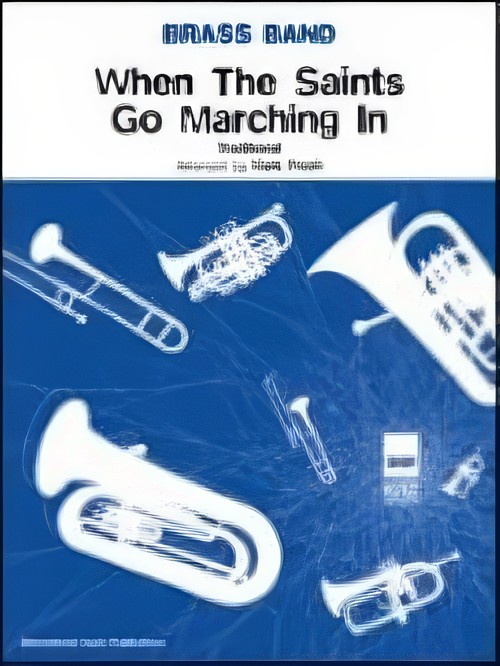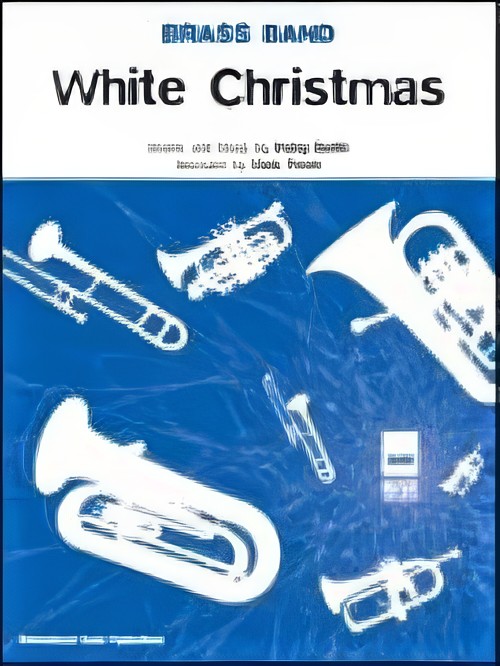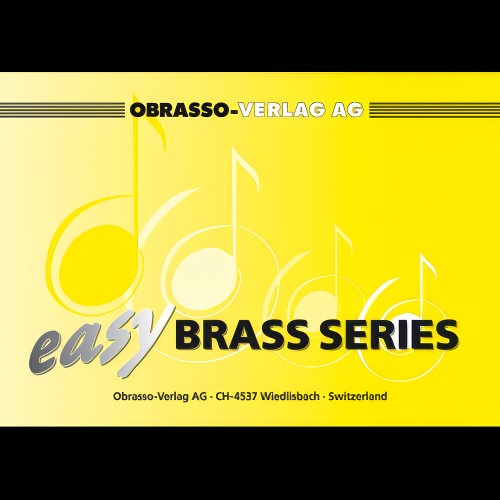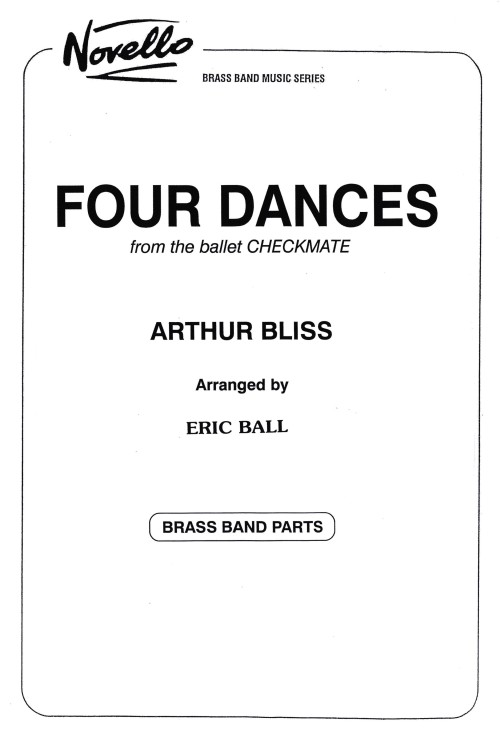Results
-
 £33.00
£33.00Waterlilies (Solo cornet/Brass Band)
Cornet Solo with Brass Band
Estimated dispatch 7-14 working days
-
 £49.95
£49.95WHEN THE SAINTS (Brass Band - Score and Parts) - Vinter, Gilbert
Please note: This is a facsimile edition for Brass Band. TTBB parts available separately
Estimated dispatch 7-14 working days
-
 £34.99
£34.99When the Saints Go Marching In (Brass Band - Score and Parts) - Freeh, Mark
A classy treatment of the classic show number When the Saints Go Marching In arranged for brass band by Mark Freeh.Suitable for Advanced Youth/3rd Section Bands and aboveDuration: 5.00
Estimated dispatch 7-14 working days
-
 £34.99
£34.99White Christmas (Brass Band - Score and Parts) - Berlin, Irving - Freeh, Mark
White Christmas, Irving Berlin's hardy perennial, arranged for brass band by Mark Freeh.Suitable for Advanced Youth/3rd Section Bands and aboveDuration: 3.00
Estimated dispatch 7-14 working days
-
 £26.50
£26.50Wiederkehr (Solo cornet/Brass Band) - Hartmann, John
Cornet solo with brass band
Estimated dispatch 7-14 working days
-
 £21.50
£21.50WIND BENEATH MY WINGS, The (Brass Band - Score and Parts)
There is also an edition for Solo Trombone TC/Brass Band.
Estimated dispatch 7-14 working days
-
 £50.90
£50.90Zambezi (Brass Band - Score and Parts) - Carstens & De Waal - Fernie, Alan
Slightly reduced Brass Band instrumentation (no rep cornet, no 2nd horn, no 2nd trombone part)
Estimated dispatch 7-14 working days
-
 £26.50
£26.50 -
 £33.00
£33.00 -
 £94.95
£94.95Four Dances from Checkmate (Brass Band - Score and Parts) - Bliss, Arthur - Ball, Eric
Selected as the Section 1 test piece for the National Brass Band Championships of Great Britain 2025Section 1 finalists will perform three of the four dances at the competition: 'Dance of the Four Knights', 'Ceremony of the Red Bishops', and 'Checkmate'. Selected for 2013 NABBA 1st Section.
Estimated dispatch 7-14 working days
